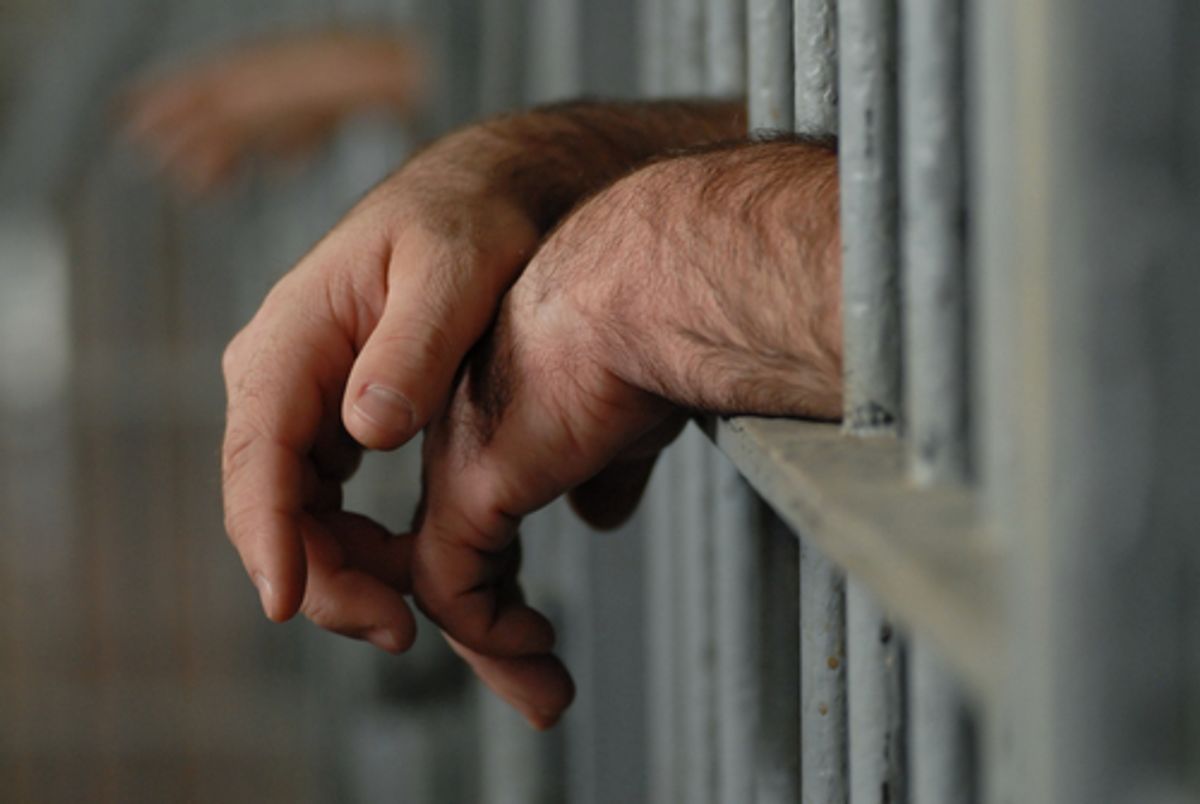 Yesterday California voted overwhelmingly to soften the “Three Strikes” law, which imposed 25-to-life sentences for minor drug law violations and other nonviolent crimes if they were third “strikes” after two “serious or violent” offenses. The reform measure, Proposition 36, will ensure that life sentences can now only be inflicted when the third felony is also “serious or violent.” California was the only state that punished minor crimes with life sentences, and the law has often been challenged as a violation of the Eighth Amendment’s ban on cruel and unusual punishment. “Locking up people for life whose only recent offense was a minor violation of the state’s drug laws never made sense in terms of public safety, finance or morality," says Ethan Nadelmann, executive director of the Drug Policy Alliance. "California at last is rejoining the civilized world.”
Yesterday California voted overwhelmingly to soften the “Three Strikes” law, which imposed 25-to-life sentences for minor drug law violations and other nonviolent crimes if they were third “strikes” after two “serious or violent” offenses. The reform measure, Proposition 36, will ensure that life sentences can now only be inflicted when the third felony is also “serious or violent.” California was the only state that punished minor crimes with life sentences, and the law has often been challenged as a violation of the Eighth Amendment’s ban on cruel and unusual punishment. “Locking up people for life whose only recent offense was a minor violation of the state’s drug laws never made sense in terms of public safety, finance or morality," says Ethan Nadelmann, executive director of the Drug Policy Alliance. "California at last is rejoining the civilized world.”
For incarcerated third-strikers and their families, the reform measure is "a dream come true," Geri Silva, executive director of Families to Amend California's Three Strikes (FACTS) tells The Fix. “A lot of people stand a chance to get out, some who have been in prison since 1994, when the original law passed." The process of petitioning courts to re-examine old sentences, which may take as long as two years, could benefit roughly 3,000 prisoners—about a third of the people incarcerated under Three strikes. But Silva cautions that the battle is far from over: “There is the other side, people who won’t qualify to get out [those whose third offenses, such as residential burglary, still count as “serious”]...They won’t be eligible for resentencing, which is heartbreaking." Silva also expresses concern that “there will be sensitivity to welcome these people coming home,” especially since the law disproportionately affects people of color, the mentally ill, and the poor. “Many [addicts] go to prison because not everyone is a famous actor and gets to go to a really good rehab program to help them,” says Silva. “We need to make sure we centralize substance abuse resources so these people are not coming home to nothing.”

Shares